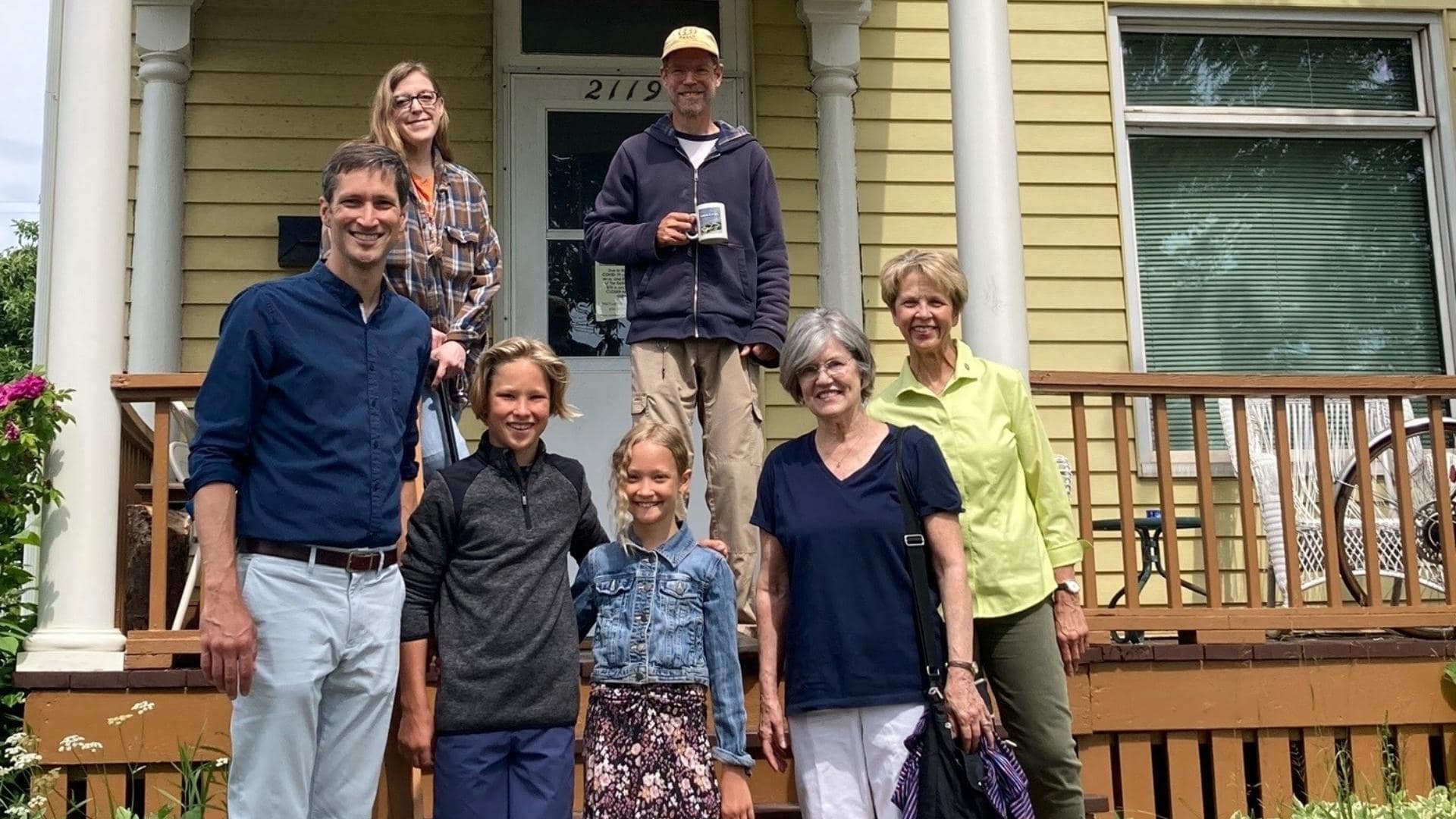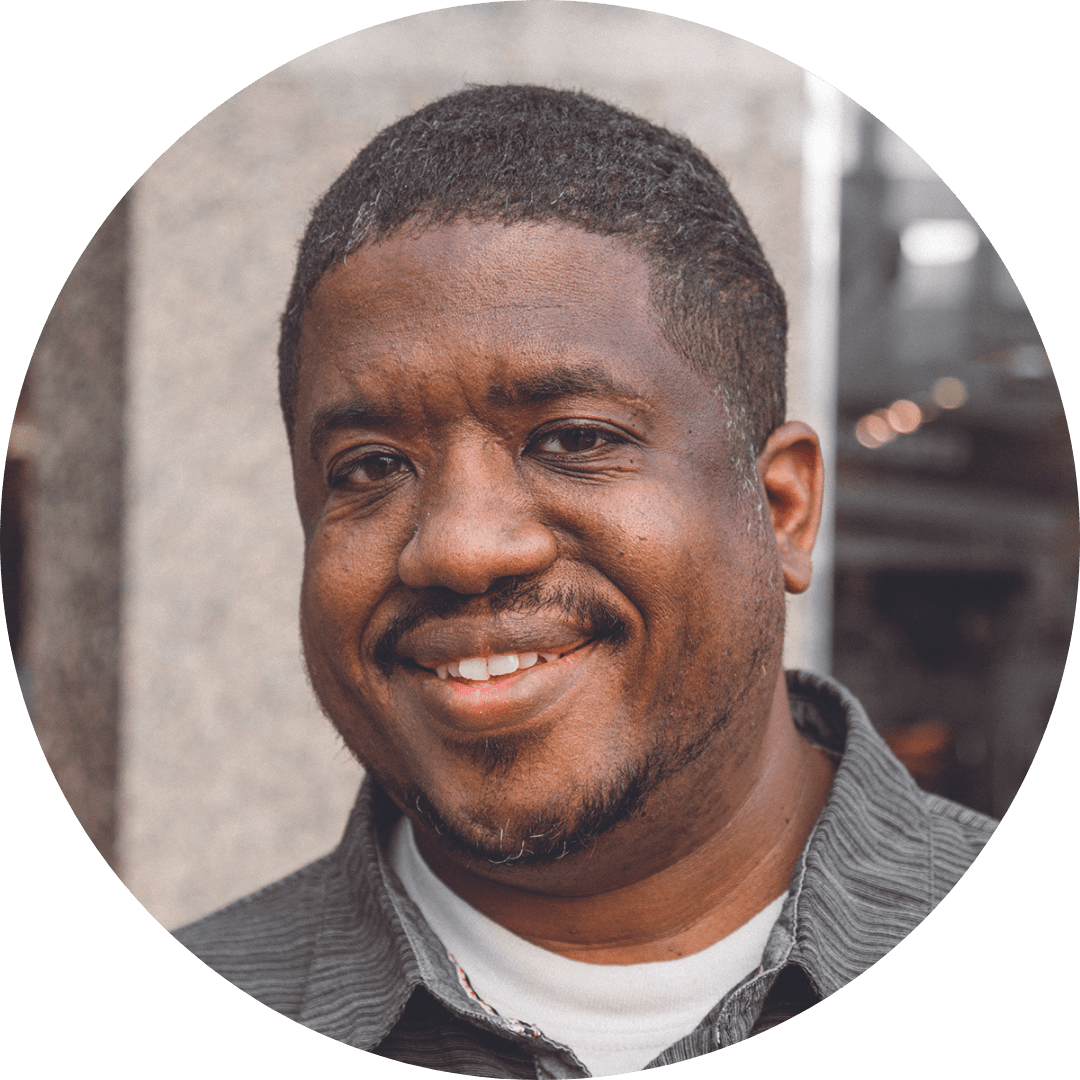Sometimes a good idea for a ministry just isn’t enough. There are times when trusting God means waiting for the right timing and the right partnerships.
That was the case for First Covenant Church in Duluth, Minnesota. For a good while, they yearned to see fruitful ministry take place in the parsonage, located across the street from the church—a house that had gone mostly unoccupied for almost a decade.
An opportunity arose with an addiction recovery organization, which was using the house as a restoration ministry. “The idea was good, [but] the presence and the follow-up and oversight on the church’s part was less than ideal,” says Josh Rude current pastor of First Covenant. “It didn’t allow the house to function at its best.”
In other words, the peoples’ hearts were in the right place, but they didn’t have the capacity or expertise to keep such a ministry in good working order. Before long, they had to make the painful decision to discontinue that work.
Despite the setback, according to Rude, the desire for ministry in that space remained strong. “The church was not ready to sell it and move on,” he said. And they still wanted to make a real impact in their community.
The seeds for the next thing were already in place—they just needed some time and the Spirit’s guidance to make the right connections.
“We had a few physicians on our church board,” said Rude, “They’d been in conversation with a medical student in their residency who saw a need for people who were being discharged from the hospital who were either homeless or at risk of homelessness.” They were looking to break the revolving-door cycle of people who received emergency care, were discharged out onto the street, and ended up back in the emergency room weeks or even days later.
Conversations began at the nearby hospital. “We have a house and it’s available,” the physicians from First Covenant were telling stakeholders. Slowly but surely, a consensus was building to try to build a medical respite house.
But they had to get buy-in from the congregation. After experiencing a measure of failure in that space, a significant contingent of church members wanted to use the house for a different kind of ministry. “When it came time to vote on it, the vote just barely passed,” admits Rude.
Using the Catholic charity Dorothy Day House as a model framework, First Covenant partnered with the Family Medical Residency Program, part of the Department of Family Medicine and Community Health at the University of Minnesota hospital in Duluth. In 2018, the Bob Tavani House for Medical Respite was established.
The Bob Tavani House is operated by two live-in volunteers and serves a variety of patients in their process toward healing and restoration. Robert Tavani was a Catholic volunteer and mental health counselor in the Duluth area who cycled in and out of poverty. He passed away in 2012, in part for lack of such a resource. The house was named in his honor to reach people like him, not only to help restore them medically but to also help restore their dignity. At Bob Tavani House, residents have the time and space to receive not only care from therapists and other care providers, but also other support services that can help break the cycle of houselessness.
As volunteer Kate Bradley told a Minnesota Public Radio reporter, “We’re a bunch of do-gooders that came together to do good.” Bradley also works with various housing entities in Duluth, and according to Rude, “She is so good and so savvy at helping get people on the path toward housing.”
And as it turns out, the good vibes have boomeranged right back into the church.
After the one-year trial period, First Covenant took another vote on whether or not to continue the house. According to Rude, one of the members who was most ardently and vocally opposed to the project stood up and declared that he’d seen all the reports of residents being helped and the media coverage generated from such an innovative program. He admitted that he was wrong to have voted against it. The second vote was unanimous in favor of continuing.
Members of First Covenant have become generally more open to alternative uses of their church space, including for other community groups. “It’s really been a gift to our church,” said Rude, who says the ministry has helped to bridge social and political divides.
“Those on the more fiscally conservative side are saying, ‘Hey, it’s not a drain on our budget,’ and those who are more on the social justice side are saying, ‘Look, we’re doing really good work in our community.’ While our church is rather spread out theologically and politically, this is space where we can come together in the center.”














